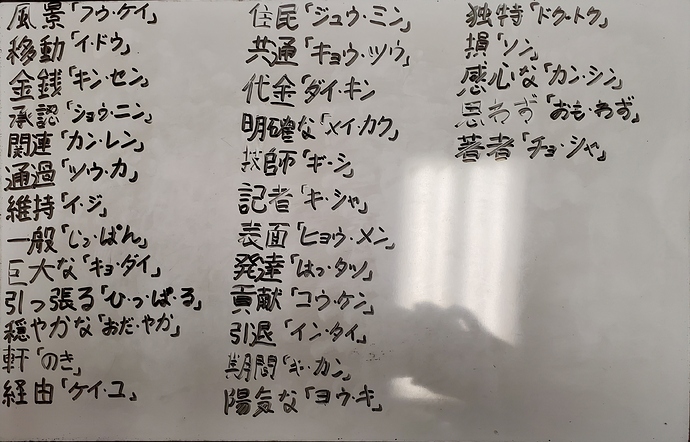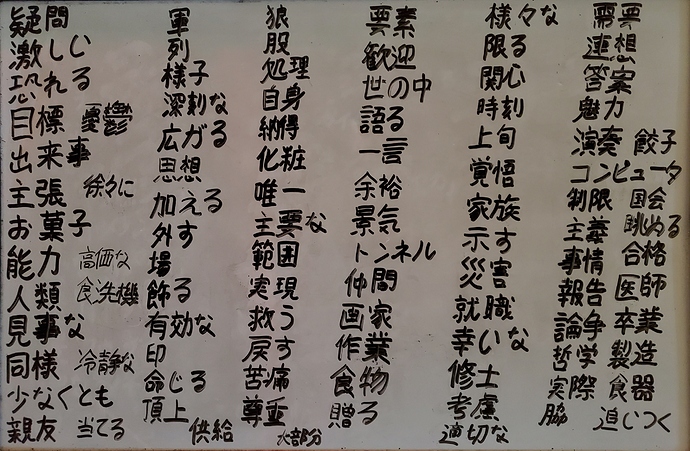Currently going through the first lessons of Genki after doing WaniKani level 2 and learning some stuff in BunPro. I followed everything in Tofugu’s learn hiragana/katakana guide before getting here, so I don’t actually know how to write except in romaji of course.
Dumb as I am, while going through lesson 3’s workbook pages I noticed I should have learned that already. What are your recommendations to memorize the writing?
Also, I haven’t been memorizing the vocabulary sections. The first workbook exercise for lesson 3 is memorizing 12 verbs. What are your commendations, and should I be memorizing absolutely everything in these sections?



